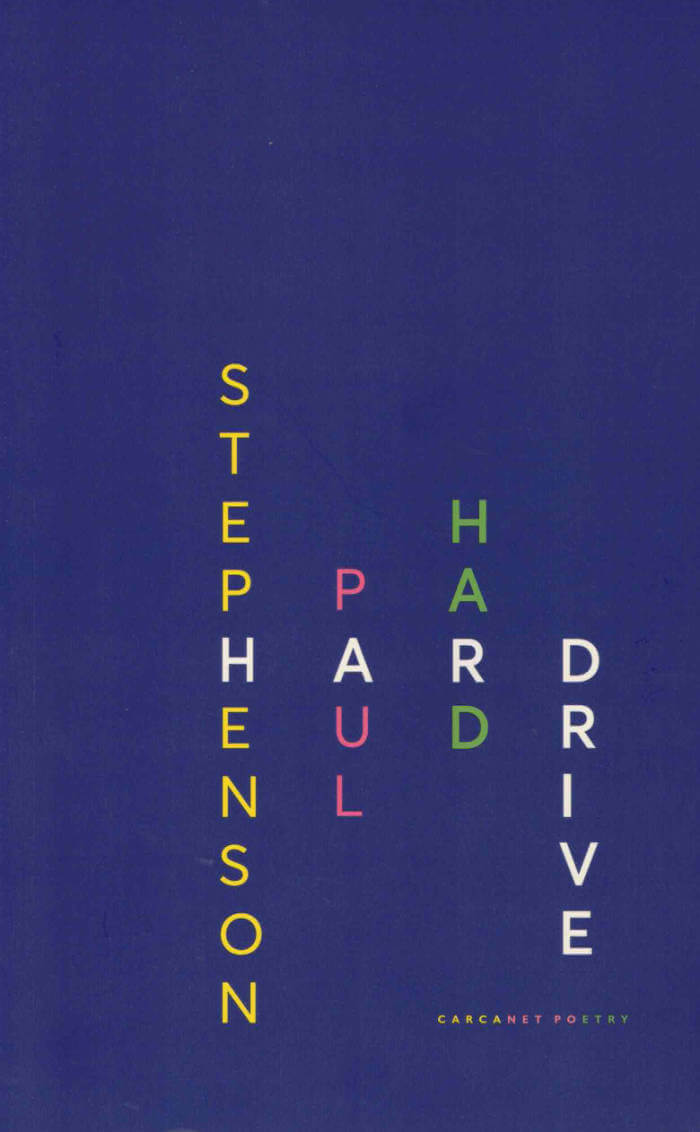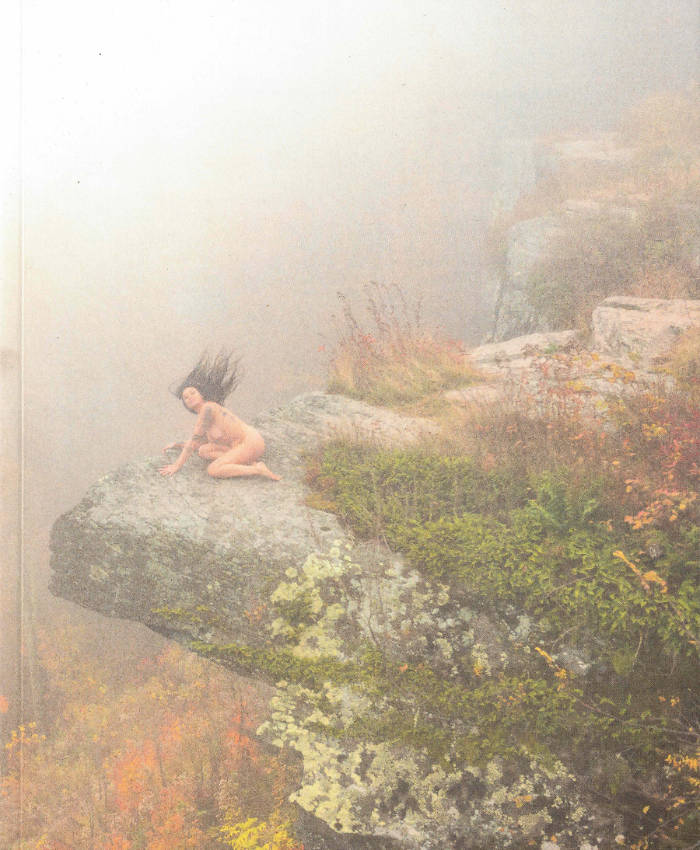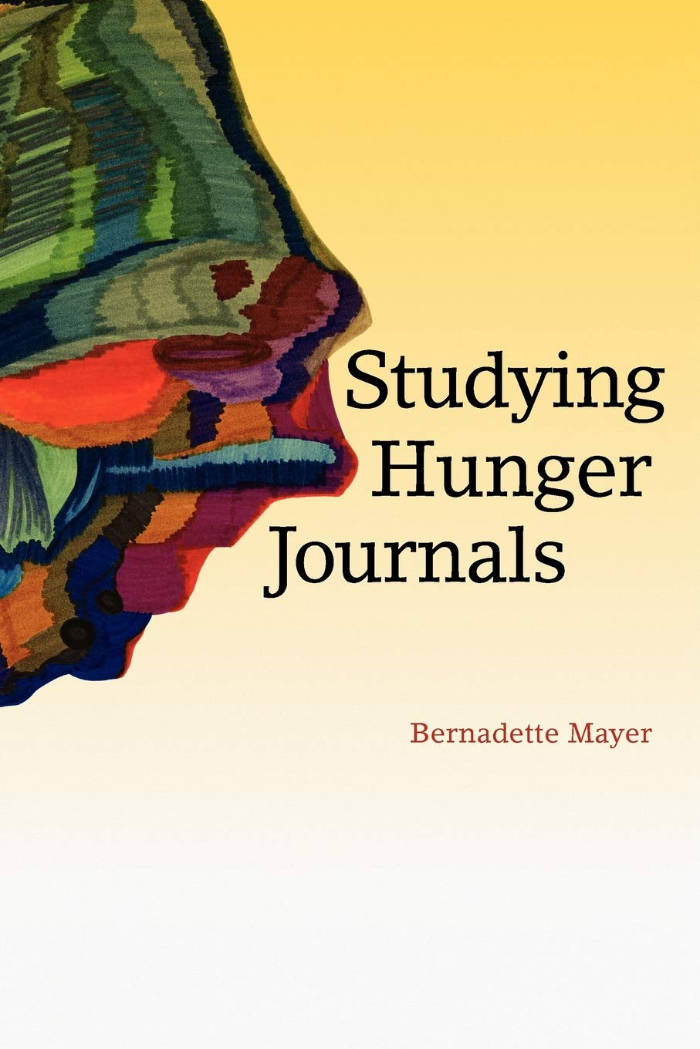
Hard Drive
When his partner suddenly died, life changed utterly for Paul Stephenson. Hard Drive is the outcome of his revisiting a world he thought he knew, but which had been upended. In poems that are affectionate, self-examining, sometimes funny and often surprised by grief in the oddest corners, the poet takes us through rooms, routines, and rituals of bereavement, the memory of love, a shared life and separation. A noted formalist, with a flair for experiment, pattern and the use of constraints, Stephenson has written a remarkable first book, moving and, despite everything, a hopeful record of a gay relationship. It is also a landmark elegy collection.
Paul Stephenson studied modern languages and linguistics. He has published three pamphlets: Those People (Smith/Doorstop, 2015), which won the Poetry Business pamphlet competition; The Days that Followed Paris (HappenStance, 2016), written after the November 2015 terrorist attacks; and Selfie with Waterlilies (Paper Swans Press, 2017). In 2013/14 he took part in the Jerwood/Arvon mentoring scheme and the Aldeburgh Eight, before completing an MA in Creative Writing (Poetry) with the Manchester Writing School. In 2018 he co-edited the ‘Europe’ issue of Magma (70) and currently co-curates Poetry in Aldeburgh. He is a university teacher and researcher, and lives between Cambridge and Brussels.



